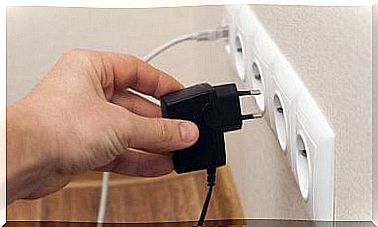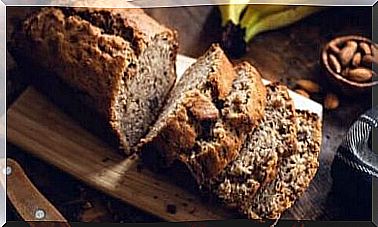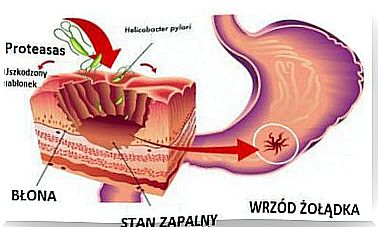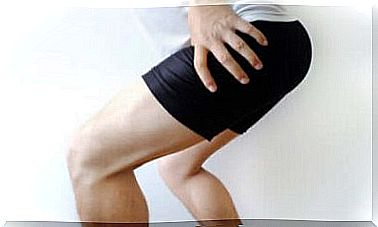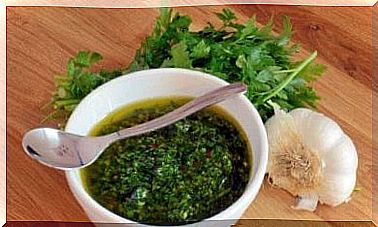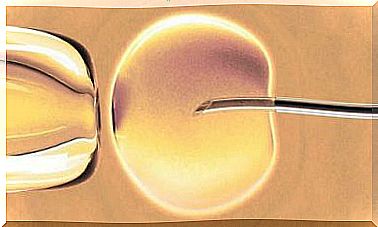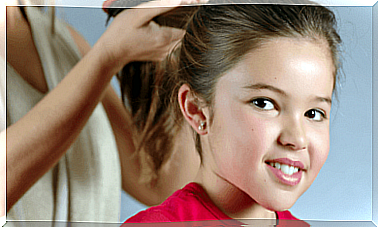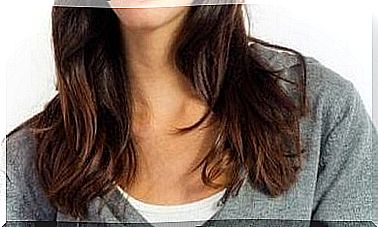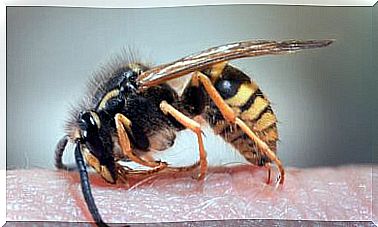Why Do Babies Drool So Much?
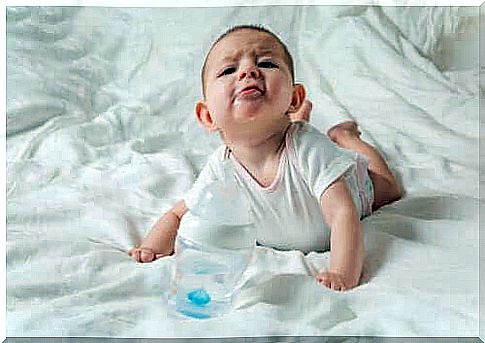
Some parents wonder why babies drool so much. What is the answer? They do this because their swallowing mechanism is not yet developed enough. However, in some cases it may be due to a health problem.
Many parents wonder why babies drool so much. The truth is, they shouldn’t worry about it. Babies begin to drool when they are about two months old. This is perfectly normal. Bibs weren’t invented in vain!
Perhaps you feel anxious when your little one loses his hands, shoulders, the sheet, and almost everything around him. It also often happens that babies’ saliva hangs from their mouths, and they even make bubbles of it.
There is no reason to worry about it. There are natural causes behind this mechanism. It is only important that the baby is well protected with a bib, especially in cold weather.
Why are babies drooling?
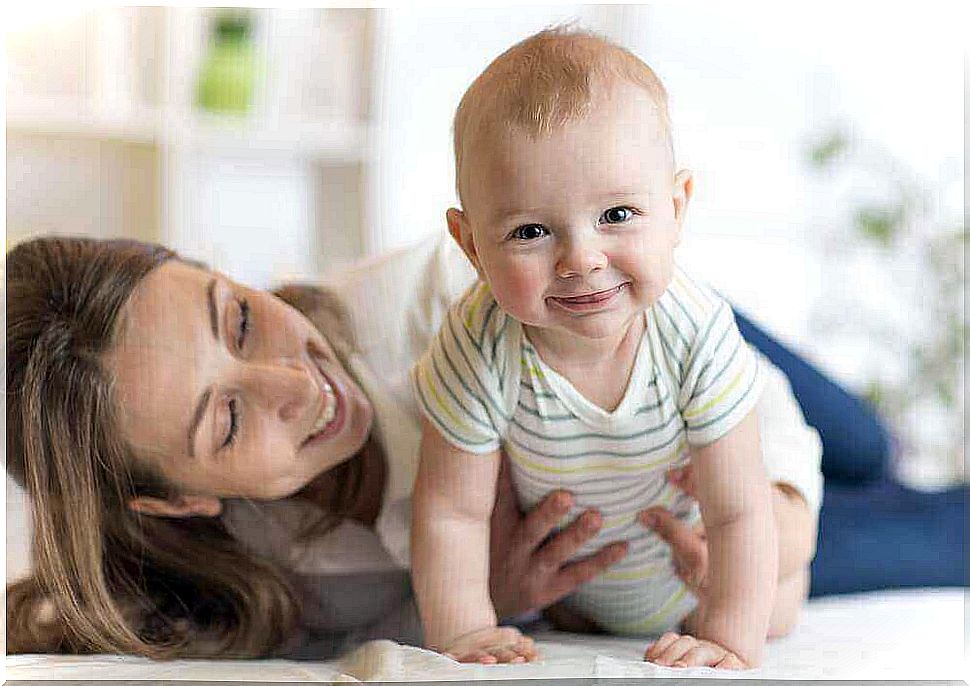
Immediately after birth, babies do not drool too much. Why? Because their body doesn’t produce much saliva initially. But as time goes on, its production increases. Thus, when babies are about ten weeks old, they are already drooling at any time of the day.
To prevent saliva from leaking out of their mouths, babies need good lip and tongue control. However, in the first months of life, they lack this control. Many people wonder why babies drool so much when, for example, milk does not come out of their mouth during feeding.
The reason is very simple. When babies are fed, they use their mouth muscles to perform a sucking motion, which is automatically followed by swallowing. Then saliva is involuntarily produced in the mouth and accumulates there until it overflows.
Why do babies drool so often?
Babies produce more saliva than adults. They throw it out of their mouths because they haven’t learned to swallow yet. The adult human swallows saliva every four to six minutes when awake and every seven to eight minutes when asleep. Babies do it less often, which is why they drool more.
There are other reasons why babies drool too. One is teething, according to a study published in the Medical Journal of the General Hospital of Mexico. From the age of three months, gum movements help the teeth emerge.
This causes irritation and discomfort. So in this case, the saliva acts as a kind of soothing lubricant. In addition, saliva contains enzymes that prevent infections during teething. Therefore, the baby drools more each time a new tooth appears.
Likewise, when babies begin supplementary feeding, their taste buds secrete more saliva. In this case, the saliva helps to break down and mix the foods because babies cannot chew yet. In this way, saliva helps to form a structure that must then reach the stomach.
How long do babies drool excessively?
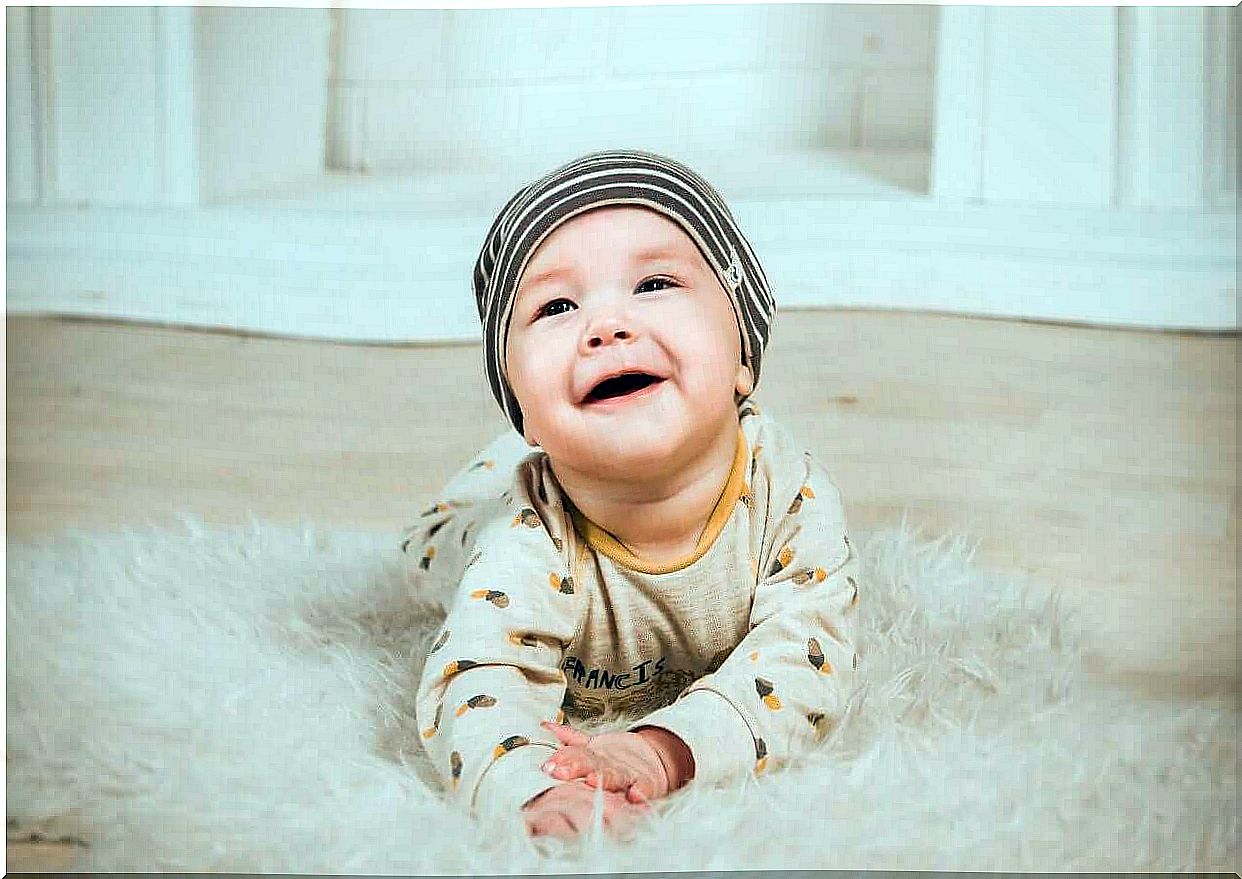
Therefore, there is no single answer to the question of how long children drool excessively. Each case is different. However, when babies are 12 months old, they usually develop more control over their salivation and less saliva can be seen on their mouths.
Another important point at which drooling may decrease is when your baby turns 18 months old. This is the age when teething usually ends, leading to a reduction in saliva production.
However, we must emphasize that this is not necessarily the case, as it is normal for a baby to drool up to the age of two.
When to start worrying
As stated in a study published in Pediatrics & Child Health, the reasons why babies rarely drool are usually related to health problems. If your baby starts to eat poorly and drools even when he doesn’t put his hands in his mouth, something may be wrong.
This could be a sore throat or mouth ulcers which make babies feel painful too when they swallow their own saliva. In these cases, it’s a good idea to look into your child’s mouth to see if anything is wrong. If they are still eating poorly and drooling excessively, it’s best to take your baby to the pediatrician.
If your baby is still drooling after the age of three, this may mean that he is having difficulty swallowing. It can also be a symptom of a mental state that hinders their development. Such cases should be left in the hands of a doctor or pediatrician.
